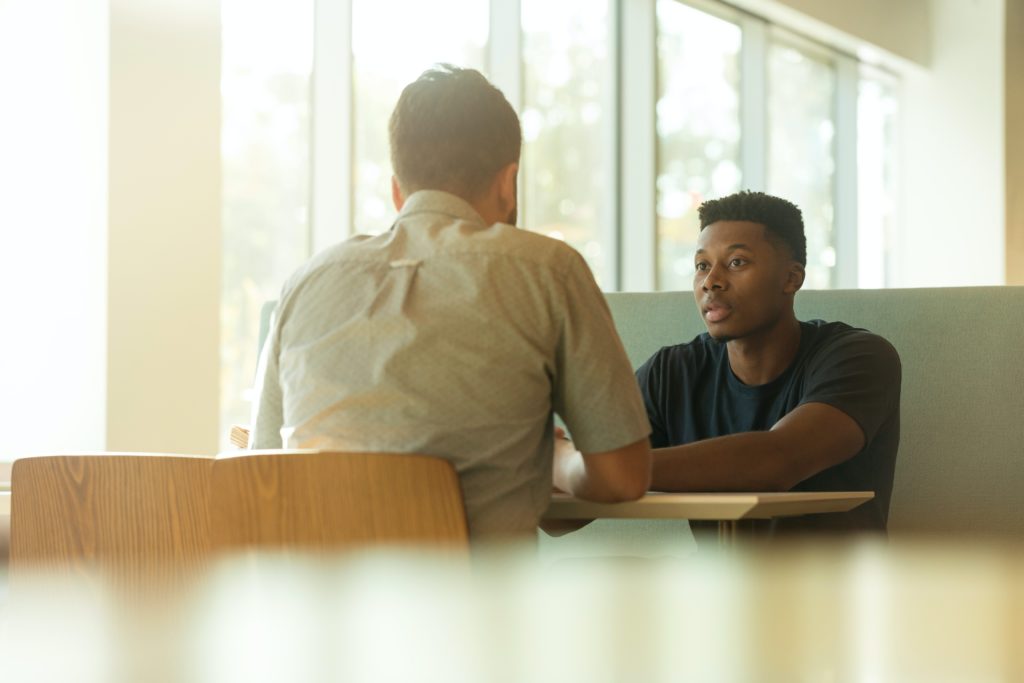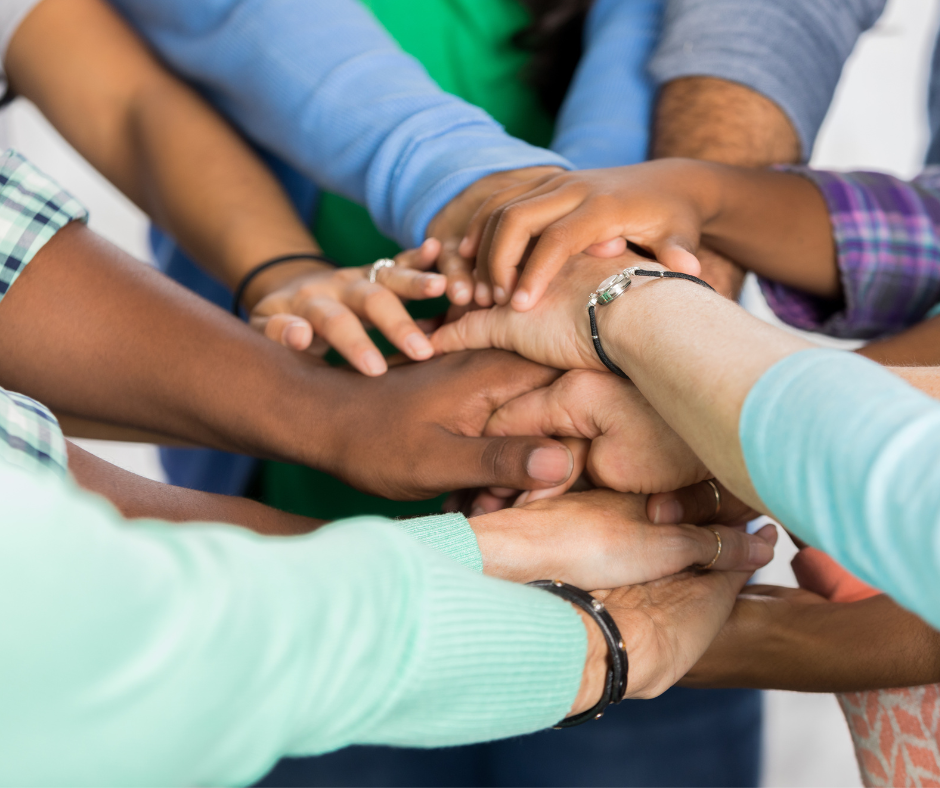In a recent interview with BOB CSE Health Alliance, our Involvement Lead, Sarah Rea, explained how we use co-production in our work.
Why is co-production a priority in your work?
Together with staff, service users, experts and volunteers, we ensure that the voice of lived experience is held at the heart of everything we do. Across the organisation we always strive for a full and equal partnership. We would be naive, though, if we assumed we achieved this every time. We look to constantly remind ourselves of the principles and reflect on our practices.
What is in place to make your services more accessible?
We have an EDIE Manager who works tirelessly across the organisation to make sure that everything we do is accessible to service users and clients. From what font size and wording we use in our communications to making adjustments based on individual requirements.
How do you currently involve users to create and develop services?
We have many different types of involvement. Our Experts by Experience work with us on individual projects such at ‘short course steering group’ ‘GPDR consent’. This is an amazing group of individuals who we pay for their time and expertise which they generously share with us.
We also have a group of Lived Experience Interviewers who sit on every interview panel. This group has been trained in interview skills on a course co-produced and co-delivered with an Expert by Experience. They offer insight and considerations from a totally different view point. They are also paid for their time and expertise. The third type of involvement is more generally open to all service users and people with lived experience of mental health such as our organisational strategy or our EDIE policy.
On the front line, our Service Users are very involved in how their services and groups operate and our front line workers stand by our informal moto of ‘nothing for us without us’. Also under this umbrella is our youth work in Berkshire West where we run a youth Mental Health Forum and its members have been integral in the co-production of our Youth in Mind Conference.
Many of our staff also have lived experience and they are supported to use their experience in their work and encouraged to share when appropriate. We try to be open about our own mental health in order to reduce stigma.
What changes have been made as a result of co-production?
Everything! What our strategy is, how are policies are written, what are communication looks like, what language we use.
What organisational benefits have you had from co-production?
When you approach co-production with an open mind and an open heart you find answers and follow paths that you would never have previously considered. For example, for our Youth in Mind Conference there is a slot for the young people to produce a ‘call to action’ video. They wanted to do one on language around mental health and young people. We always talk about teaching young people emotional literacy but what the young people wanted us to know is that they already have the words to describe how they are feeling and it is up to us to understand their language, not for them to learn our language. Such an interesting and intelligent idea which I never would have considered if I had approached the film co-production with preconceived ideas of what the young people should talk about.
What top tips would you share with an organisation that wants to involve users in shaping their services?
Be open to share the power equally. Involvement should be front loaded, so you need to build extra time into the beginning of a project. If you don’t, you end up only doing consulting or educating because you.ve run out of time.
Lessons learned around co-production – Things that went well or not so well.
The people that you are planning to work with need to trust you and understand what involvement means. This means that you sometimes need to put the project aside and work on building the relationship before you ask the big questions.
This happened in a project we are currently working on concerning discrimination and mental health within a senior school. The group of young people were selected for us by the school, they didn’t choose to be there and had so little trust in us and authority that they wouldn’t even take a biscuit during our session. You could have heard the tumbleweed. So we’ve put the project on pause and are arranging confidence building sessions that are unconnected with the subject matter.
Some people need to be supported to know that it’s ok to speak out and that their words matter. It’s very frustrating when this happens and takes a lot more effort and time, however, we passionately believe that these young people are worth the investment and that their voices, the ones that aren’t being heard, are the most important to encourage and to listen to.


